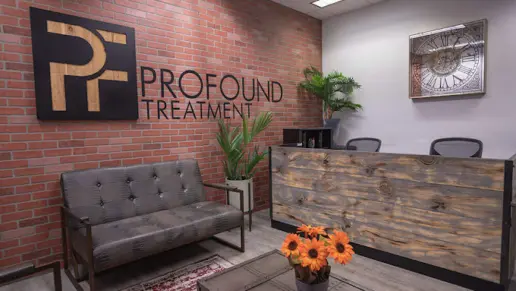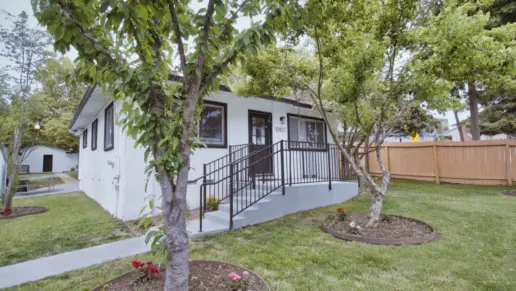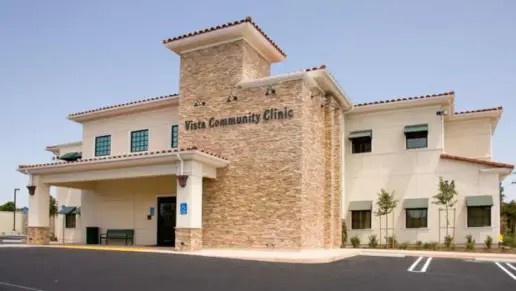About Absolute Control Transitional Counseling Center
Absolute Control Transitional Counseling Center is a rehab facility located in Burbank, California. The center offers treatment for alcohol use disorder, substance use disorder, opioid addiction, and co-occurring mental and behavioral health disorders, such as anxiety and depression. Absolute Control provides outpatient treatment, sober living arrangements, and aftercare. Gender-specific programs are also available.
Clients undergo a complete physical and psychological evaluation and receive a customized treatment program. Absolute Control Transitional Counseling Center features individual and group therapy, medication management, emotional development, and supervised medication-assisted treatment (MAT).
Absolute Control Transitional Counseling Center provides sober living housing for clients undergoing outpatient treatment. Sober living consists of private bedrooms, a full kitchen, and other amenities and activities. Group counseling, holistic activities, and family therapy may be available alongside peer support and care to prevent relapse.
Upon completion of the outpatient programs, clients continue to receive support and care concerning their medications and other treatment. Referrals may be available for additional specialized services in outside facilities.
Absolute Control Transitional Counseling Center is accredited by The Joint Commission and is LegitScript certified.
Absolute Control Transitional Counseling Center is in-network with Anthem, Blue Cross Blue Shield, Health Net, Magellan Health, TRICARE, and TriWest. Please check your insurance provider for specific coverage concerning out-of-network coverage.
Latest Reviews
Location
Location
Accepted Insurance
Other Forms of Payment
Private insurance refers to any kind of healthcare coverage that isn't from the state or federal government. This includes individual and family plans offered by an employer or purchased from the Insurance Marketplace. Every plan will have different requirements and out of pocket costs so be sure to get the full details before you start treatment.
Self-pay involves paying for treatment out of your own pocket. You can use savings or credit, get a personal loan, or receive help from family and friends to fund your treatment. If you don't have insurance or your insurance plan doesn't cover a specific program, self-pay can help ensure you still get the care you need.
Financial aid can take many forms. Centers may have grants or scholarships available to clients who meet eligibility requirements. Programs that receive SAMHSA grants may have financial aid available for those who need treatment as well. Grants and scholarships can help you pai for treatment without having to repay.
Addiction Treatments
Levels of Care
Treatments
The goal of treatment for alcoholism is abstinence. Those with poor social support, poor motivation, or psychiatric disorders tend to relapse within a few years of treatment. For these people, success is measured by longer periods of abstinence, reduced use of alcohol, better health, and improved social functioning. Recovery and Maintenance are usually based on 12 step programs and AA meetings.
Drug rehab in California teaches participants constructive ways to stay clean and sober. Treatment revolves around helping individuals stop using the substance they are addicted to and learn healthy habits to avoid relapse.
Opioid rehabs specialize in supporting those recovering from opioid addiction. They treat those suffering from addiction to illegal opioids like heroin, as well as prescription drugs like oxycodone. These centers typically combine both physical as well as mental and emotional support to help stop addiction. Physical support often includes medical detox and subsequent medical support (including medication), and mental support includes in-depth therapy to address the underlying causes of addiction.
Substance rehabs focus on helping individuals recover from substance abuse, including alcohol and drug addiction (both illegal and prescription drugs). They often include the opportunity to engage in both individual as well as group therapy.
Programs




Clinical Services
Group therapy is any therapeutic work that happens in a group (not one-on-one). There are a number of different group therapy modalities, including support groups, experiential therapy, psycho-education, and more. Group therapy involves treatment as well as processing interaction between group members.
Contact Information
3111 Winona Avenue
Unit 201
Burbank, CA 91504








